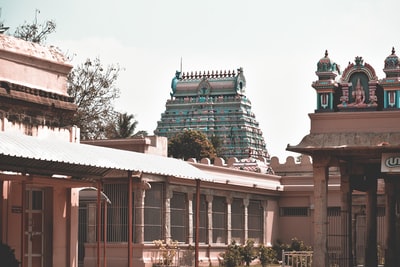The Civil War and the Franco Dictatorship in Spain, 1931 to 1975
The key questions relating to Spain during the period 1931 to 1975 are:

* The reasons why the Republic was defeated and the Nationalists won the War.
* The nature of the regime set up by Franco after the Nationalists had won the War.
* The evolution of the Franco regime during Franco’s rule.
Important Background Knowledge
The events of the Second Republic, the Civil War and the Franco regime cannot be understood in isolation. To understand the political conflicts within the Republic that led to the Civil War, it is important to have an awareness of the following aspects of pre-Republican Spain:

* The rural nature of Spain and the historical problems in the Spanish countryside, above all conflict between landless peasants and landowners.
* The establishment of the Primo de Rivera dictatorship in 1923 and its attempts to solve the conflicts that had generated instability in the 1910s and early 1920s.
* The failure of the Primo de Rivera dictatorship to solve these problems and the development of political opposition to the monarchy and the dictablanda.
The Second Republic
The principal areas of debate relating to the Second Republic are:

* The reform programme of the Republican-Socialist government, in particular the reforms it proposed that placed it in conflict with the Church, the military, landowners and industrialists.
* The failure to implement many of these reforms due to opposition to them and the continuation of labour conflicts in towns and the countryside.
* Revolts against the Republic, including the Sanjurjada and rebellions led by the anarcho-syndicalist movement.
* The rise of a coherent oppositional bloc to the Republican-Socialist government, especially in the form of the CEDA , culminating in the November 1933 election.
* The splits that developed between the Republicans and the Socialists, as well as Communist and anarchist/anarcho-syndicalist opposition to the Republic and the Socialists.
* The extent to which the reforms made by the governments of the Right were designed to dismantle the Republic.
* The development of left-wing opposition to the government, culminating in the failed rebellion of October 1934.
* The repression of the Left following October 1934.
* The attempt to build a Popular Front and the February 1936 election.
* The growth in popularity of extreme left- and right-wing ideas.
* The end of the Republic’s opponents to act within the Republic’s political system and their turn towards planning to overthrow it by force.
The Civil War
The most important aspects of the Civil War are:

* The organization of the uprising by the military generals.
* The specific role of Franco, including his career prior to 1936 (including his role in crushing the October 1934 revolution), his vision for Spain and his political objectives within the Nationalist side.
* The balance of military forces between the Republic and the rebels at the start of the war.
* The initial rebellion and the division of Spain at the start of the War.
* The political and social organizations and forces that made up the Republican and Nationalist side, and above all the conflicting objectives of the different groups that made up the Republic (for example, between the anarchists, the Communists and middle-class Republicans).
* The massacres and repression committed by both sides during the War against real and perceived internal enemies.
* The main fronts and military campaigns of the war (eg. the Aragon Front, the siege of Madrid, Brunete, the capture of the North, the fall of Malaga, the Ebro offensive, the fall of Barcelona and Madrid) and the overall fact of the slow but steady progress made by the Nationalists and the repeated failure s of the Republic to successfully launch a military offensive.
* The growth of internal political tensions within the Republic, and in particular the controversial rise of the Communists and the role played by the USSR in the Republic’s politics. Opposition to the anarchist-led social revolutions in Aragon and Catalonia. The May Days in Barcelona and the fall of the Largo Caballero government.
* The deteriorating economic situation in the Republic and its contribution to war-weariness.
* The significance of international intervention in the War, above all the relatively strings-free support provided by Germany and Italy compared to the more complicated and divisive aid provided by the USSR, and the consequences of non-intervention on the course of the War, especially with regard to it preventing the Republic accessing arms.